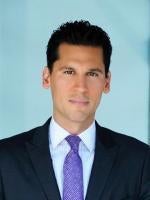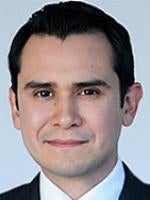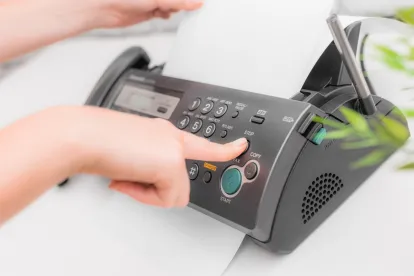In the latest nail in the TCPA fax case certification coffin, the Fourth Circuit affirmed a denial of class certification in Career Counseling, Inc. v. AmeriFactors Fin. Grp., LLC, Nos. 22-1119 and 22-1136, 2024 US App. LEXIS 1395 (4th Cir. Jan. 22, 2024). The fact pattern in the case dates back to 2016 when Career Counseling allegedly received an unsolicited fax from AmeriFactors and moved forward with a TCPA claim.[1] The case worked its way through the US District Court for the District of South Carolina, which denied class certification but granted summary judgment to Career Counseling on its individual TCPA claim.[2] The parties appealed, and the Fourth Circuit affirmed.
Starting with class certification, the Fourth Circuit explained that the district court’s decision hinged on a lack of ascertainability. As a threshold issue, the appellate court refused to overrule prior circuit law confirming the existence of an ascertainability requirement in that circuit.[3]
The Fourth Circuit next addressed a series of arguments made by Career Counseling regarding the Federal Communications Commission’s 2019 AmeriFactors ruling (concluding that an online fax service does not qualify as a “telephone facsimile machine” under the TCPA). In an interesting twist, however, the court sided with AmeriFactors but instead used the TCPA’s statutory language to reach that conclusion:
[W]e need not assess or determine whether the district court erred in according Hobbs Act deference to the AmeriFactors FCC Ruling, whether the ruling is otherwise entitled to Chevron or Skidmore deference, or whether the ruling can be applied retroactively. Instead, we are satisfied to rule – de novo – that pursuant to its plain statutory language, the TCPA prohibits the sending of unsolicited advertisements to what the district court labelled as “stand-alone fax machines,” but not to what the court accepted to be “online fax services.”[4]
The Fourth Circuit elaborated that while a fax can fall within the purview of the TCPA if it is sent from a “telephone facsimile machine,” from a “computer,” or from some “other device,” a “fax can be received in only one way that triggers the statute: on a ‘telephone facsimile machine.’”[5] And unlike receiving a fax on a traditional fax machine, recipients of documents via online platforms “can manage those messages the same way they manage email by blocking senders or deleting incoming messages without printing them.”[6] Nor does “an online fax service…receive[] an electronic signal ‘over a regular telephone line’ [or have] the capacity to transcribe text or images ‘onto paper.’”[7] Coupled with its conclusion on the applicability of an ascertainability requirement, the Fourth Circuit determined that the district court did not abuse its discretion when it held that parsing out who actually received a fax on a traditional fax machine required individualized inquiries.
It was not a complete victory for the defendant, however, as the Fourth Circuit affirmed the district court’s award of summary judgment in favor of the plaintiff on its individual TCPA claim. Though the plaintiff won that battle, the decision, coupled with the Ninth Circuit’s recent True Health Chiropractic, Inc. v. McKesson Corp., Nos. 22-15710 and 22-15732, 2023 US App. LEXIS 28346 (9th Cir. Oct. 25, 2023) opinion is indicative of a class certification war being won by defendants.
Endnotes
[1] Id. at *2.
[2] Id. at *3.
[3] Id. at *9.
[4] Id. at *10-11.
[5] Id. at *11-12.
[6] Id. at *12.
[7] Id. at *13.





 />i
/>i
